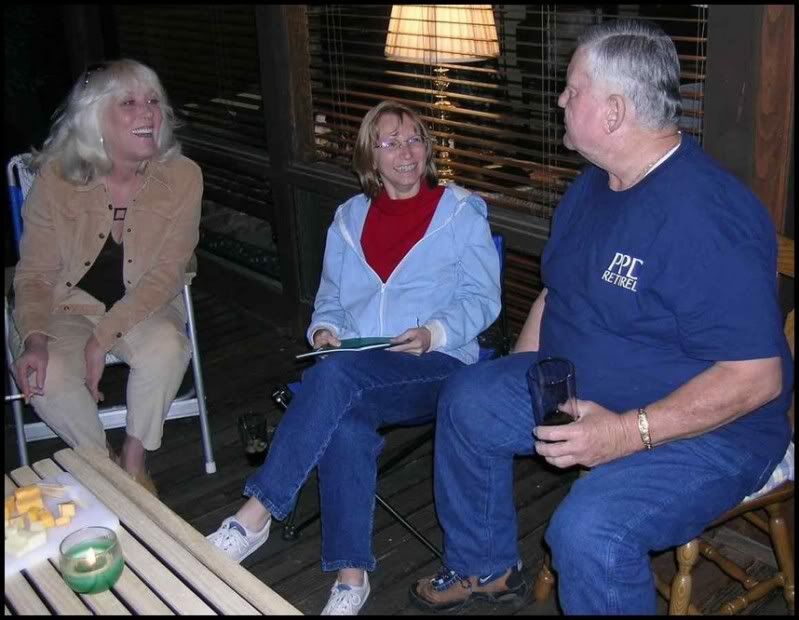
Times Online October 23, 2006
An emergency rescue boat speeds to aid Base jumper Brian Lee Schubert after his fatal fall in West Virginia (Lew Whitener/AP)
Parachuting pioneer dies in first jump for decades
By Sam Knight and agencies

NI_MPU('middle');
A pioneer of Base jumping, where parachutists leap from fixed objects rather than aircraft, has died making what is thought to have been his first parachute jump in decades.
Brian Lee Schubert, who lived most of his life as a quiet, unremarkable policeman in Pomona, California, wrote his name into the short, dangerous history of Base jumping in 1966, when as 26-year-old truck driver he leapt with a friend from El Capitan, a 3,000ft (900m) tall rock in California’s Yosemite National Park.
In the first known Base jump (Base stands for "Buildings, Antennae, Spans and Earth"), Schubert, an experienced Army parachutist, was swept back against the rockface and broke a leg and a foot. His partner, Mike Pelkey, was also buffetted against the rock, breaking his ankle.
But both survived, and became shadowy legends in a sport that found a wider audience and celebrity a full 20 years later as parachute technology improved the chances of survival from short falls.
Carl Boenish, the man credited with bringing Base jumping to a mass audience, came up with the name and started awarding numbers to parachutists who had jumped from all four starting positions in 1981. He was killed jumping off a cliff in Norway in 1984.
Schubert, aged 66, died on Saturday at the annual Bridge Day festival in West Virginia, when hundreds of Base jumpers from around the world gather to throw themselves off the New River Gorge Bridge and fall the 876ft (263m) to the water below.
More than 140,000 people, and thousands more watching on television, saw Schubert mount the bridge to a rapturous reception. Although their names are widely known in the sport, Schubert and Pelkey were rarely seen at Base jumping events and The Los Angeles Times reported today that Schubert had not made a jump for decades.
Lew Whitener, a photographer covering the jump for a local newspaper, said Schubert dropped from the bridge but did not open his parachute until he was 25ft above the water. He died on impact, according to emergency personnel at the scene.
Mr Whitener said the crowd gave a "collective gasp" as Schubert failed to open his chute: "It was everybody kind of held their breath then an eerie silence afterward. Everybody kind of looked at each other and said ’Wow.'".
Mr Pelkey, who was standing behind Schubert as he jumped and preparing to follow him over the edge, told The Los Angeles Times: "Why Brian didn't open is such a total unknown," adding that the crowd yelled "Throw! Throw!" urging him to deploy his pilot chute, the smaller parachute that pulls the main sail open.
The newspaper reported today that conditions for the jump were fine -- when Schubert's body was removed, the festival continued unabated -- but that the retired policeman had not done any jumps for years.
Jean Boenish, the wife of Carl Boenish, and a former safety director at the event, said Schubert had done just one day of practice: "I would not have let this man jump... I told him I didn't think he was ready. He would have nothing to do with me after that."
Schubert was the first participant to die at the Bridge Day festival since 1987. According to Nick Di Giovanni, a Base jumper who has written a history of the sport, more than 100 people have died in jumps since 1981.










Bookmarks